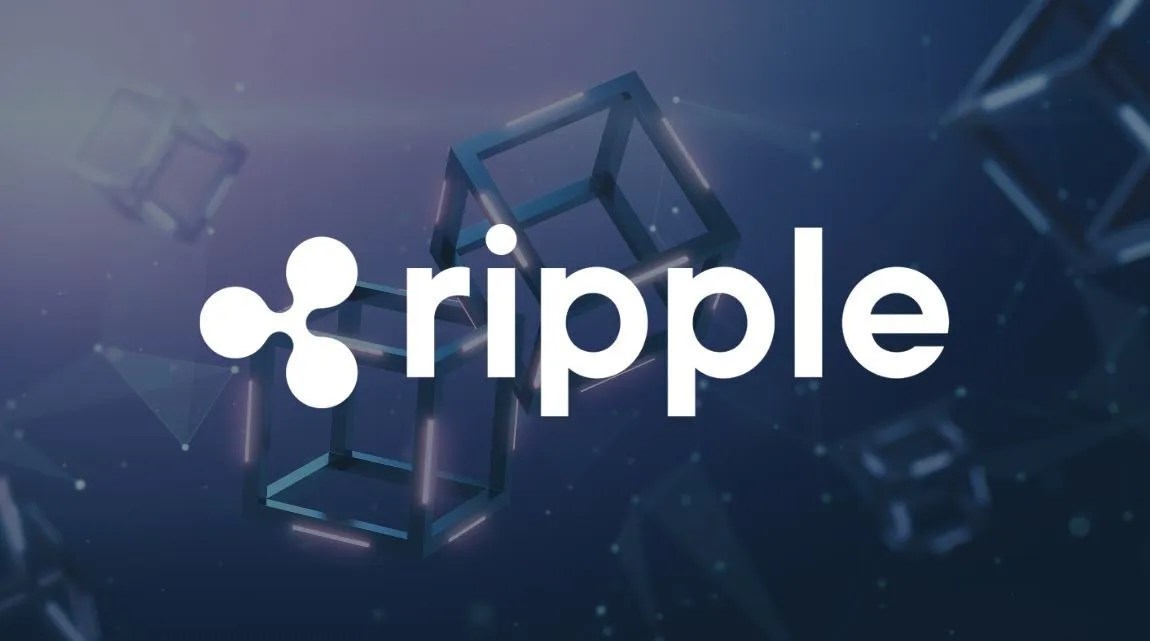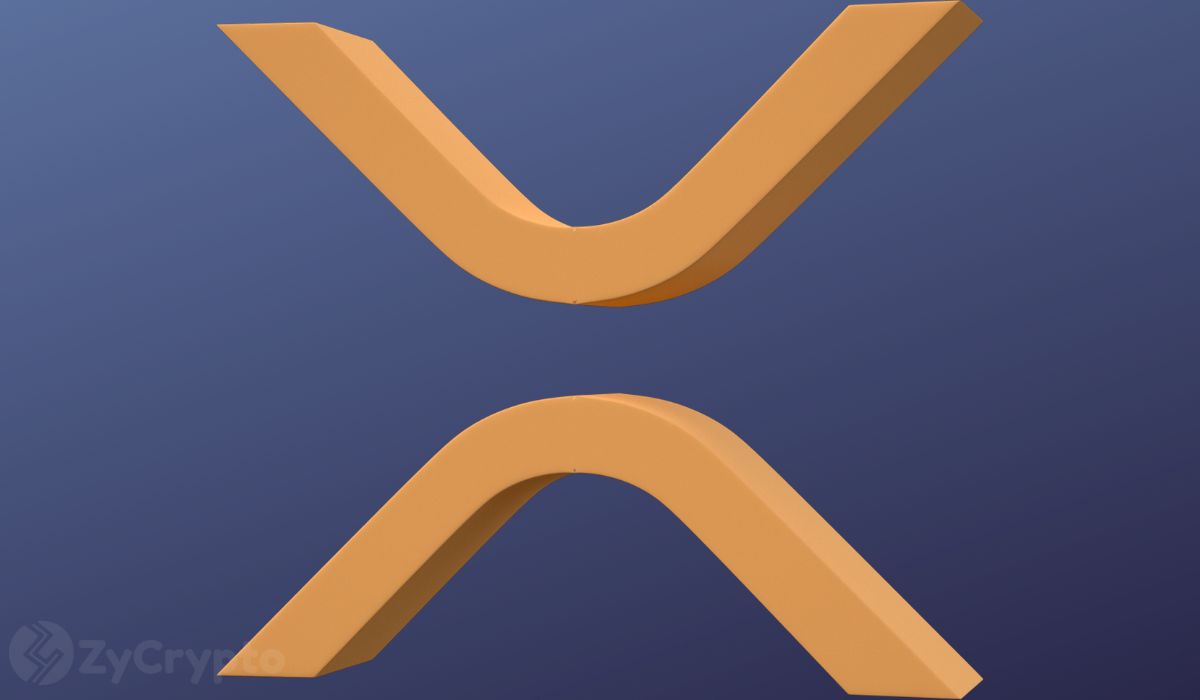R25 Launches On-Chain Stablecoin Platform with Polygon Partnership
Digital asset infrastructure provider R25 has officially launched its blockchain-based stablecoin and Real World Asset (RWA) platform, marking a significant milestone in bridging traditional finance with decentralized technology.
Yield-Bearing Stablecoins Enter DeFi Market
R25's innovative platform introduces yield-bearing stablecoins backed by traditional financial instruments, offering users the opportunity to earn returns while maintaining price stability. Unlike conventional stablecoins that simply peg to fiat currencies, these new tokens generate passive income through underlying real-world assets.
The platform leverages tokenization technology to represent traditional financial instruments on-chain, providing transparency and accessibility previously unavailable in conventional finance. This approach combines the stability of traditional assets with the efficiency of blockchain infrastructure.
Strategic Polygon Partnership
Polygon has been selected as R25's first blockchain partner, providing the technical foundation for the platform's initial deployment. The layer-2 scaling solution offers fast transaction speeds and low fees, making it ideal for stablecoin operations and RWA tokenization.
This partnership reflects growing institutional interest in blockchain-based financial products. Polygon's established ecosystem and regulatory-friendly approach position it as a natural choice for launching compliant digital assets.
Implications for DeFi and Traditional Finance
The launch represents a convergence of traditional finance and decentralized systems. By bringing real-world assets on-chain, R25 addresses a key challenge in DeFi: providing sustainable yields without excessive risk exposure.
Industry observers note that yield-bearing stablecoins could attract institutional investors seeking regulated, transparent investment vehicles. The platform's focus on traditional financial instruments as collateral may ease regulatory concerns while expanding DeFi's addressable market.
As the RWA sector continues growing, R25's platform could serve as a blueprint for integrating traditional assets into blockchain ecosystems. The success of this initiative may accelerate similar projects across the industry.
También te puede interesar

RLUSD at Center of New Trading and Lending Alliance

This U.S. politician’s suspicious stock trade just returned over 200% in weeks
